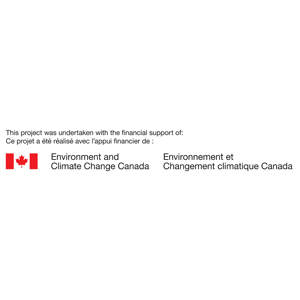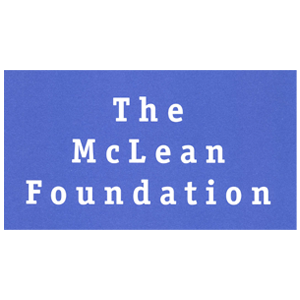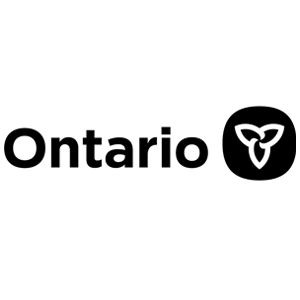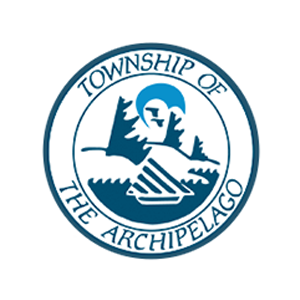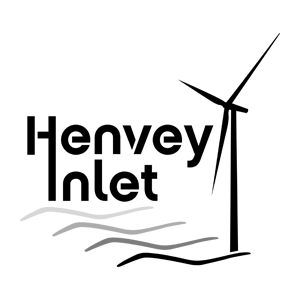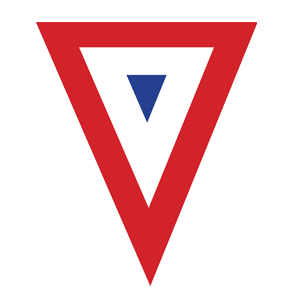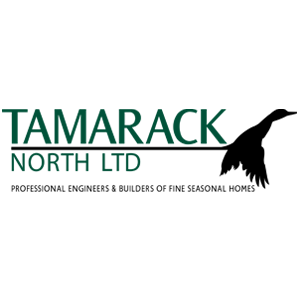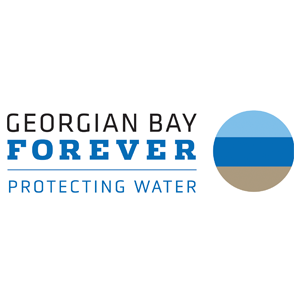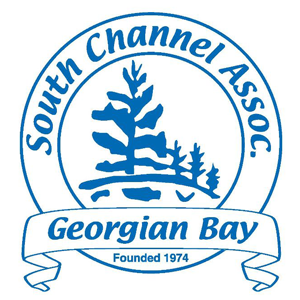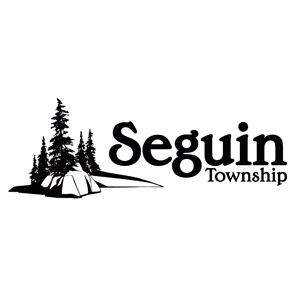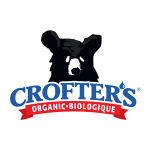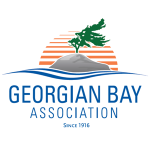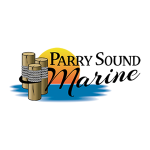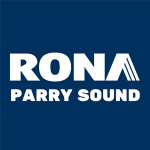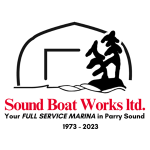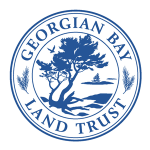Citizen Science
Citizen science, or community science, are terms used to describe public participation in science. There are many citizen science projects to choose from for volunteers of all ages and abilities. Some can be done from your home or close to your home. These programs are a great way for volunteers to learn new skills and contribute to a better understanding of the natural environment in their community.
Below are examples of citizen science projects you can get involved in today! For additional opportunities, visit georgianbaybiosphere.com/citizen-science.
iNaturalist
Use the free iNaturalist app to upload your photos of flora and fauna to the “Georgian Bay Biosphere Project” so that all observations in our region can be used for science. With many specialists and amateur naturalists helping to identify species, you will be sure to learn about the incredible biodiversity we have in the Biosphere!
Get started and join over 4,000 volunteer observers who have identified over 5,000 species!

Early Detection and Distribution Mapping System (EDDMapS)
Invasive species are spreading quickly, and you can report their locations (including insects, plants, and aquatic species) using the Early Detection and Distribution Mapping System (EDDMapS). You can submit invasive species sightings using either a smartphone or a computer. Sightings are then uploaded to EDDMapS and emailed directly to reviewers to confirm. The maps and information are freely available to scientists, resource managers, and the public.
Having good data on the locations of invasive species improves the ability to manage and respond to them. Learn more at eddmaps.org.
Lake Partner Program
The Lake Partner Program (LPP) is an Ontario-wide, publicly funded, free program that collects data about phosphorus, water clarity, calcium, and temperature from volunteers. Total-phosphorus and calcium samples are collected once per year, in the spring, and water clarity measurements are taken every two weeks throughout the summer. Find out if there is a volunteer monitoring water quality in your area by visiting ontario.ca/page/map-lake-partner.
Learn more about the LPP and how to volunteer at foca.on.ca/lake-partner-program.
Stewardship
We can all take actions to support healthy ecosystems through the care and protection of our shorelines and our water. The list below presents simple, everyday actions and stewardship practices that can keep your home or cottage’s natural environment healthy.
The Georgian Bay Mnidoo Gamii Biosphere has prepared several conservation and stewardship guides to help people live in balance with nature. To learn more about each of the guides listed below, visit georgianbaybiosphere.com/conservation-guides.
- Life on the Bay: A Stewardship Guide for Eastern Georgian Bay and Inland Lakes
- Spongy Moth in the Georgian Bay Biosphere
- Turtles on Roads Reporting & Handling Guide
- Bioblitz Guide
- Building in the Biosphere Habitat Screening Tool
- Pollinators & Native Plants

Steps to Controlling Invasive Phragmites
Phragmites australis subsp. australis, also known as common reed, is an invasive perennial reed grass that grows into dense monocultures over 15 feet tall. Stands of Phragmites severely impair wetlands, threaten biodiversity, reduce habitat, damage municipal and private property, and impede access to recreational activities.
Georgian Bay Forever (GBF) has developed a seven-step guide for cutting and monitoring invasive Phragmites. Learn more by reading GBF’s “7 steps for controlling invasive Phragmites on shorelines and wetlands in your community”.
Climate Action
Climate Action Groups
The Regional Climate Action Plan for eastern Georgian Bay is a document that will help guide greenhouse gas emissions reduction across communities in the region. The plan contains targets set for emissions reductions and suggested actions to reach these targets. You can help with these actions by joining one of three Climate Action Groups focusing on actions in three different sectors: green buildings, sustainable transportation, and waste reduction.
To learn more about Climate Action Groups or sign up. Help chart the course to a healthier, sustainable, and more liveable future for the eastern Georgian Bay region!

Georgian Bay Youth Climate Collective
Are you a young person interested in taking climate action in the Georgian Bay Biosphere? Fill out the Expression of Interest form to join the Georgian Bay Youth Climate Collective! Learn more at georgianbaybiosphere.com/climate-youth.

Carbon Calculator
Use GBB’s carbon calculator to calculate emissions from your household or business, then set a goal to reduce them. Just by washing your laundry in cold water and hanging it to dry, you can reduce your GHGs by about 1 tonne each year! Calculate the GHG emissions of your home or business.

